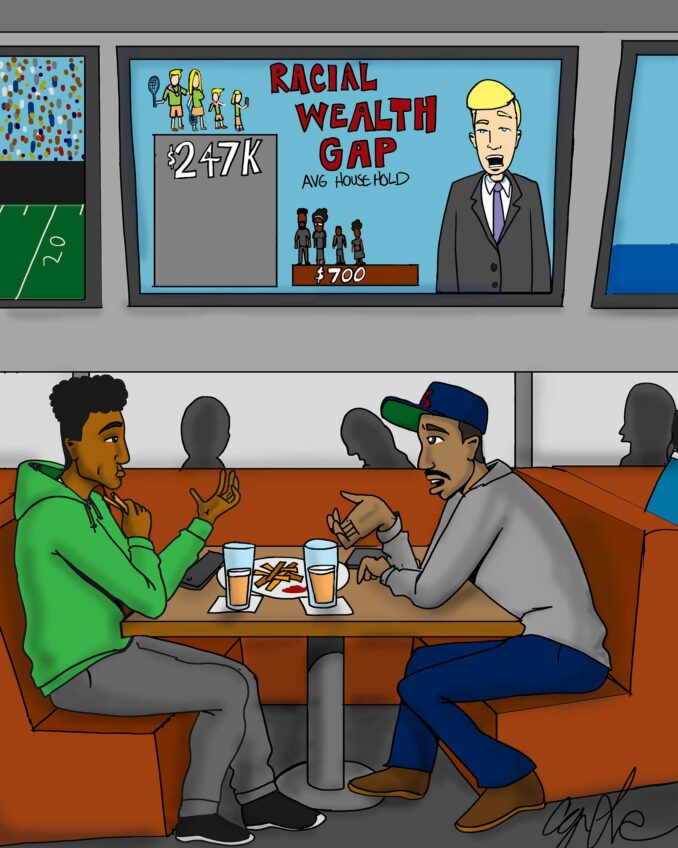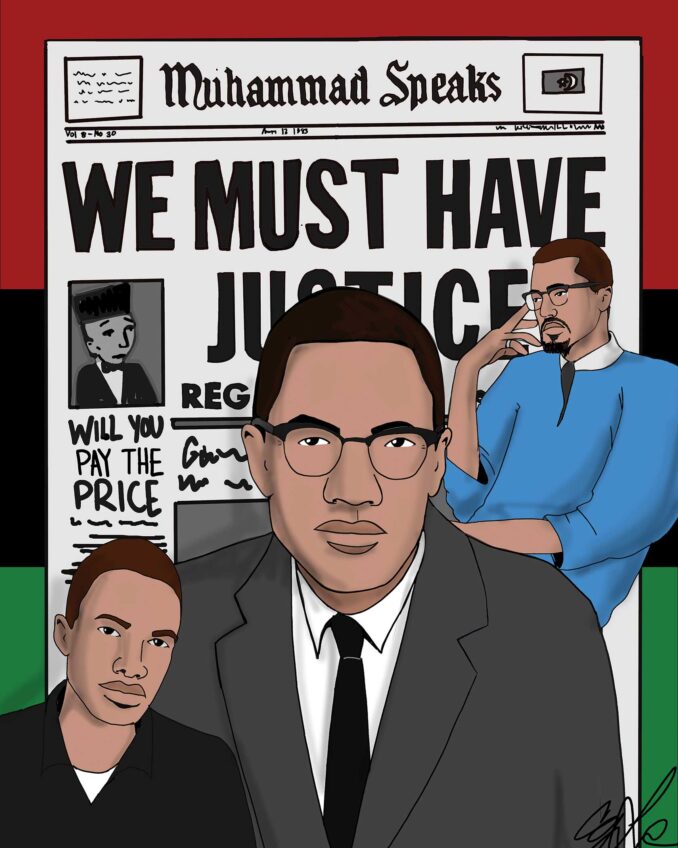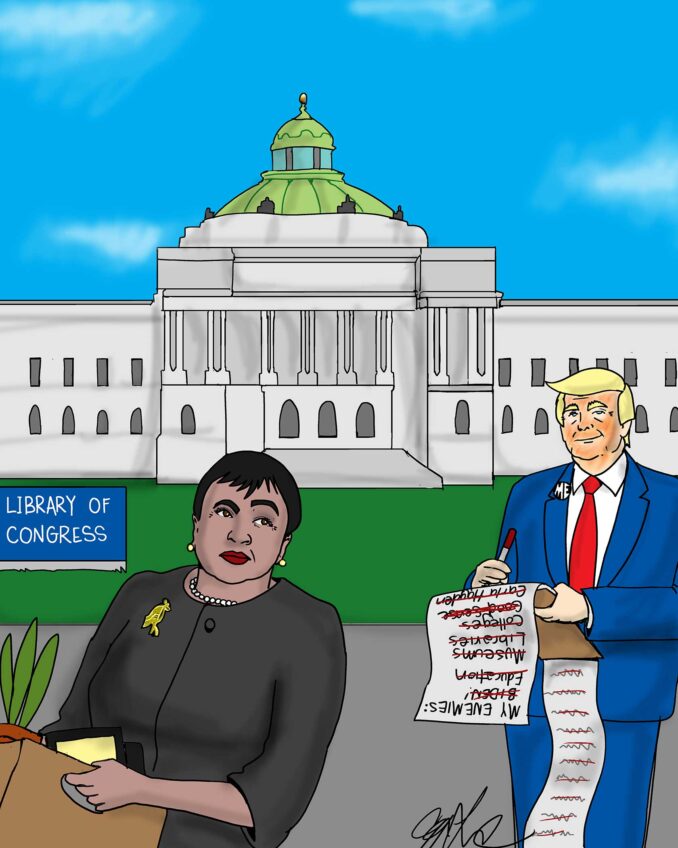Life is a challenge; there are no guarantees
Universal basic income: An impractical solution
Leaders of industrial countries have been concerned about the financial disparity of their citizens. There is a sense in the U.S. and elsewhere that poverty should not be prevalent in states with industrial development. A basic truism is that poverty exists because people have inadequate income. In January of 2017 Finland launched a two-year program to provide monthly funds to a group of citizens to determine whether this helps to boost them from the financially troubled category.
A group of 2,000 randomly selected Finns who were unemployed were chosen to receive 560 Euros a month ($587), a basic monthly income. No other requirements were imposed. Participants could find a job, start a business, or remain unemployed. The strategy was to determine whether so-called “free” money would reduce unemployment and the level of poverty.
Apparently the response was far less promising than expected. Government officials announced that the program would be discontinued in January 2019. While poverty is by definition a lack of funds, the problem is not always cured by giving money without conditions to those in need. The Finland experiment raises questions about the viability of the policy of guaranteed minimum income for all citizens.






